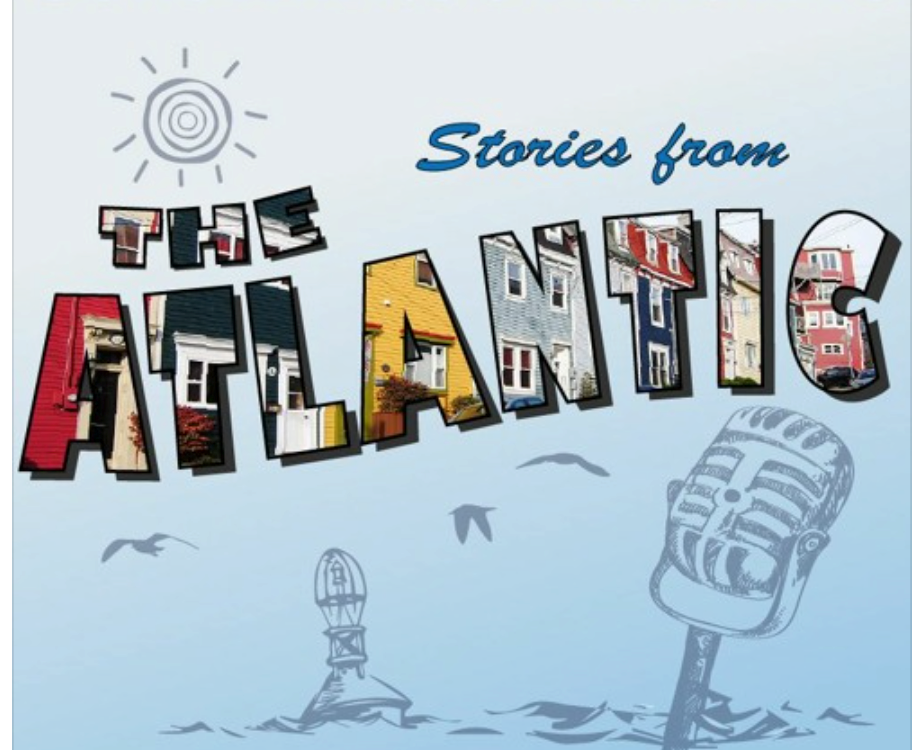An interdisciplinary approach for the Future of Ocean and Coastal Infrastructures.
ENVP 6001 Provincial Policy Case Competition
May 29, 2020Two PhD-Positions on Methodological Cosmopolitanism and Global Ocean Governance
July 3, 20202019 Vice-President (Grenfell Campus) Research Award recipient, Dr. Paul Foley (Environmental Policy Institute), is a distinguished scholar with publications in journals such as Marine Policy, New Political Economy, and Fish and Fisheries. Dr. Foley has extensively worked, not only on research, but also with students in the Environmental Policy Institute, the Environment and Sustainability Program, and the School of Fisheries at the Fisheries and Marine Institute. The accolade is awarded every year to one faculty member through a nomination process by their colleagues.
Dr. Foley has a background in international political economy, and his teaching and research interests expand to environmental governance and socio-economic development. Some clear examples of Dr. Foley’s commitment to his field and public engagement is his involvement with the Environmental Studies Association of Canada, Food First NL, and the People and the Sea Film Festival. He is also co-investigator of several projects funded by other universities, SSHRC, and NSERC grants around Atlantic Canada and other coastal communities.
Historically, natural sciences, social sciences and the humanities have struggled to combine forces to formulate better solutions to every facet of human development. To counter this trend, Dr. Foley takes an integrative and interdisciplinary approach to the study of political economy, environmental governance and social-ecological change. The malleability and inclusivity of Dr. Foley’s research methods have drawn much attention from the Ocean Frontier Institute (OFI), “an international hub for ocean research.”
The Atlantic-Canada based OFI is a transnational research hub dedicated to study the most crucial ocean issues. Recently, the OFI released $16 million to fund six innovative research projects, four of which have at least one Memorial University member as a principal investigator. One of the funded projects, Future Ocean and Coastal Infrastructure (FOCI), received $4 million thanks to its potential to expand sustainable development research, and is being led by Dr. Paul Foley and Dr. Lorenzo Moro (MUN, Department of Ocean and Naval Architectural Engineering). These two researchers are:
”re-thinking the way [they] design, develop, and manage infrastructures, with an overarching aim to ensure the designs of the future are sustainable, safe and inclusive.”
The FOCI Consortium includes researchers and professionals working in physical, technological, natural, social, political, economic, and cultural fields of Atlantic Canada. Coastal communities and oceanic challenges arising from climate change and other Anthropocene Era physical and climatic events, known and unknown, are already being studied around the globe. To enhance those studies, interdisciplinarity is key as it may give researchers a more holistic outlook and results.
The purpose of this interdisciplinary program is to design:
“infrastructures essential to the development of safe, sustainable and inclusive Atlantic Canadian ocean industries and coastal communities in the face of climate and ocean change.”
To achieve this goal, FOCI will carry out co-designed and collaborative research that is committed to equity and inclusivity, it will monitor the development of innovative infrastructure that supports inclusive sustainability and safety, and will create opportunities for a wide range of academics and professionals, including Indigenous groups and diverse demographics beyond Atlantic Canada.
Organized around the training of over 80 individuals in Masters, PhD and Post-doctoral Fellow positions, the project will also heavily rely on existing and continuous studies and collaborations with more than 70 local, regional and international partners such as the Centre for Marine Socioecology in Australia, Lobster Node Inc., the Association for New Canadians, Atlantic Policy Congress of First Nations Chiefs Secretariat, Municipalities of Newfoundland and Labrador, Ocean School and many of the different academic units of Memorial University. The researchers will:
“carry out activities to help FOCI and OFI achieve the objective of designing infrastructures to enhance the capacity of ocean industries and coastal communities in Atlantic Canada to safely, sustainably, and inclusively respond to change.”
With 13 diverse sub-projects ranging from modelling ways to improve search and rescue in remote coastal regions of Newfoundland and Labrador to analyzing ways to enhance inclusion, social justice and equity in urban and rural coastal communities, this project will not only serve as a planning mechanism for adapting to climate, ocean, and social change, but it will also use the lens of diverse social and ecological infrastructures to assess and enhance designs to support future ocean and coastal community and industry in ways specifically targeted to enhance sustainability, safety and inclusiveness.
You can visit the FOCI page to find out more about the project or visit Dr. Foley’s Grenfell profile to learn more about his research, teaching, and publications.
Written by Mayra Sanchez; edited by Dr. Paul Foley.




